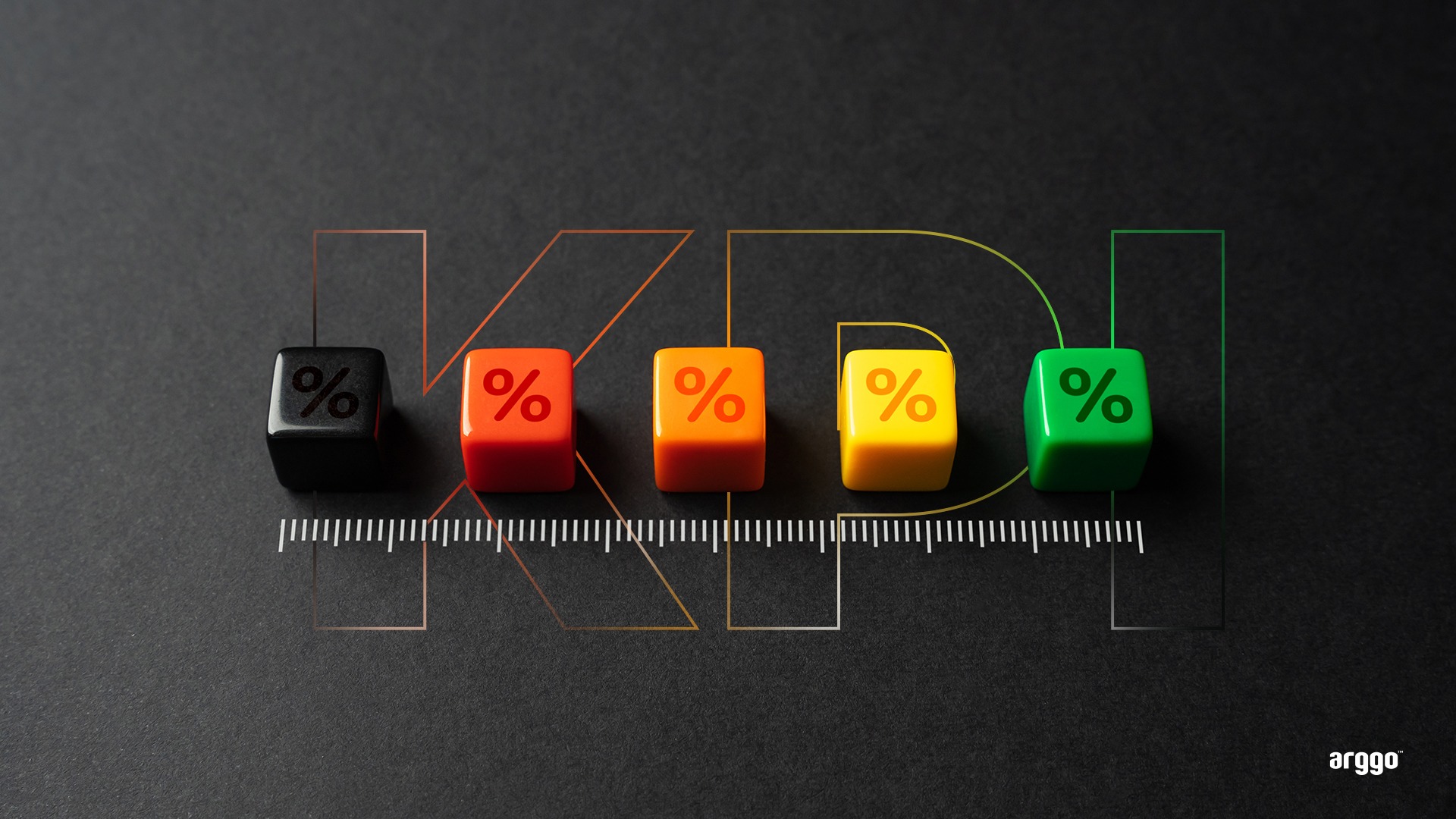No source tTechnology is a major disruptive factor for companies, but internally, this impact doesn’t always manifest positively. Change still depends on people, which is why it’s essential to approach any digital transformation together with them. Alexandru Tănasă, Business Advisor at ARGGO, shared more on this topic during the Entrepreneurs of the Future event.
So how do you implement new technologies in your company? What are the main factors that ensure a successful implementation?
Surprisingly, people still matter most – even in digitalization. And so does the consultant you choose.
“In digital transformation, from the trio of people – processes – technology, people and processes are the most important elements of the equation. And yet, they are often the ones ignored by many companies,” said Alexandru Tănasă, Digital Business Advisor at ARGGO, during the Entrepreneurs of the Future event, organized by Biz.
When a company wants to update a digital system or implement a new one, the first crucial question is about the scale of the change. The larger the organization and the more legacy systems it has, the more complex and time-consuming the process becomes.
“A digital solutions provider gives you a completion timeline based purely on the technology. The real challenge, however, comes from the people and processes. In practice, their pace of change doesn’t match that of the technology. An initial estimate of eight months, for instance, typically becomes twelve, because that’s the pace of people. The larger the organization, the harder it is to ‘push’ its mechanisms forward,” explained Alexandru Tănasă.
Therefore, synchronizing the organizational pace of people with that of technology becomes increasingly critical. That’s why it’s essential to have a consultant—internal or external—a project manager who has already gone through such implementations, knows the obstacles ahead, and can help things move faster.
ARGGO’s experience lies precisely in this area. The company implements both ERP systems and customized solutions that can work alongside ERP systems. These solutions are part of the Microsoft ecosystem, which has been implemented for over 36 years and is extremely robust.
“In addition, using process diagrams, we at ARGGO have a dedicated team that manages business processes, the way they’re designed, and how we can align them so that the project plan is in sync with the processes we draw up. We also have Timeqode, an automation platform that does just that—integrates various technologies we can use to support and facilitate these changes,” said Alexandru Tănasă.
ARGGO has worked with over 200 clients across a wide range of industries, with each implementation personalized to the client’s specific needs. Every company has its own particularities, and the approach must be customized and adapted to the market and industry it operates in.
“What’s crucial is that top management communicates clearly that things are going to change—they won’t stay the same. You can’t just take a paper flow, scan it, and continue doing things the same way. That’s not going to work. You have to adopt a new mindset—it’s a paradigm shift. Technology is merely a tool that helps you along the way,” concluded the ARGGO representative.ext found.



